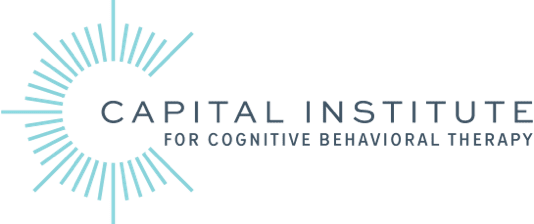PTSD is a common reaction to traumatic events.
Following a traumatic experience, individuals often connect their memories to the sensory details of what they perceived, heard, smelled, or felt during that time. Subsequently, encountering similar sights, sounds, smells, or sensations can trigger a flood of memories and emotions.
PTSD can arise from a wide range of events, yet individuals with PTSD commonly exhibit three primary sets of symptoms:
- Re-experiencing the trauma, which involves recurring memories, nightmares, and flashbacks, making individuals feel as if they are reliving the traumatic event.
- Avoidance, as people with PTSD may try to suppress thoughts of the distressing incident.
- Physical signs of stress, including sleep disturbances, persistent irritability or anger, difficulties with concentration, and a prevailing sense of tension and vigilance.
- Improve signs of physical stress
- Feel significantly better

A treatment plan
Cognitive-behavioral therapy is designed to help reduce the upsetting memories and emotions from the trauma. A number of studies have found CBT helpful in treating Post Traumatic Stress Disorder.
- CBT helps people with PTSD feel significantly better.
- About two-thirds of patients no longer have PTSD by the end of treatment.
Request Your Consultation
Ready to get started? Have questions? Click below to contact our helpful New Patient Coordinator.
PTSD Therapy Tailored For You
Participating in individual therapy offers you a unique opportunity to establish a deep connection with a therapist who invests the time to fully understand your personal history, strengths, challenges, values, and aspirations. Your treatment plan will be customized to specifically address your needs, whether you choose Teletherapy or in-person sessions at our Washington location, with our team of dedicated Psychologists committed to delivering exceptional care.
- Weekly and/or multiple times a week sessions
- In-person & teletherapy services available
- Range of fees to fit your budget

Related Disorders
Anxiety
Anxiety may include intense, persistent worry and fear about everyday situations.
Depression
A mood disorder that causes a persistent feeling of sadness and loss of interest.
